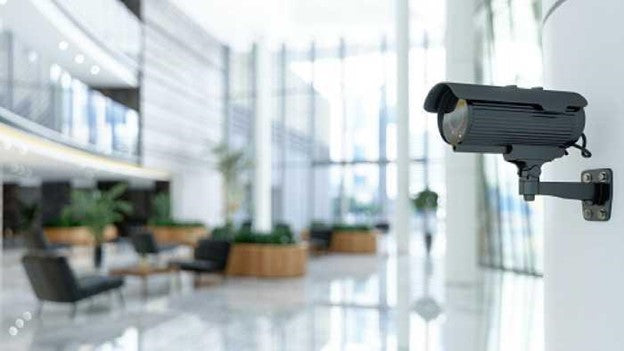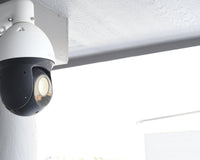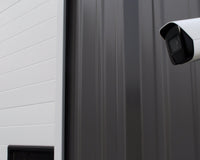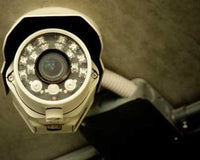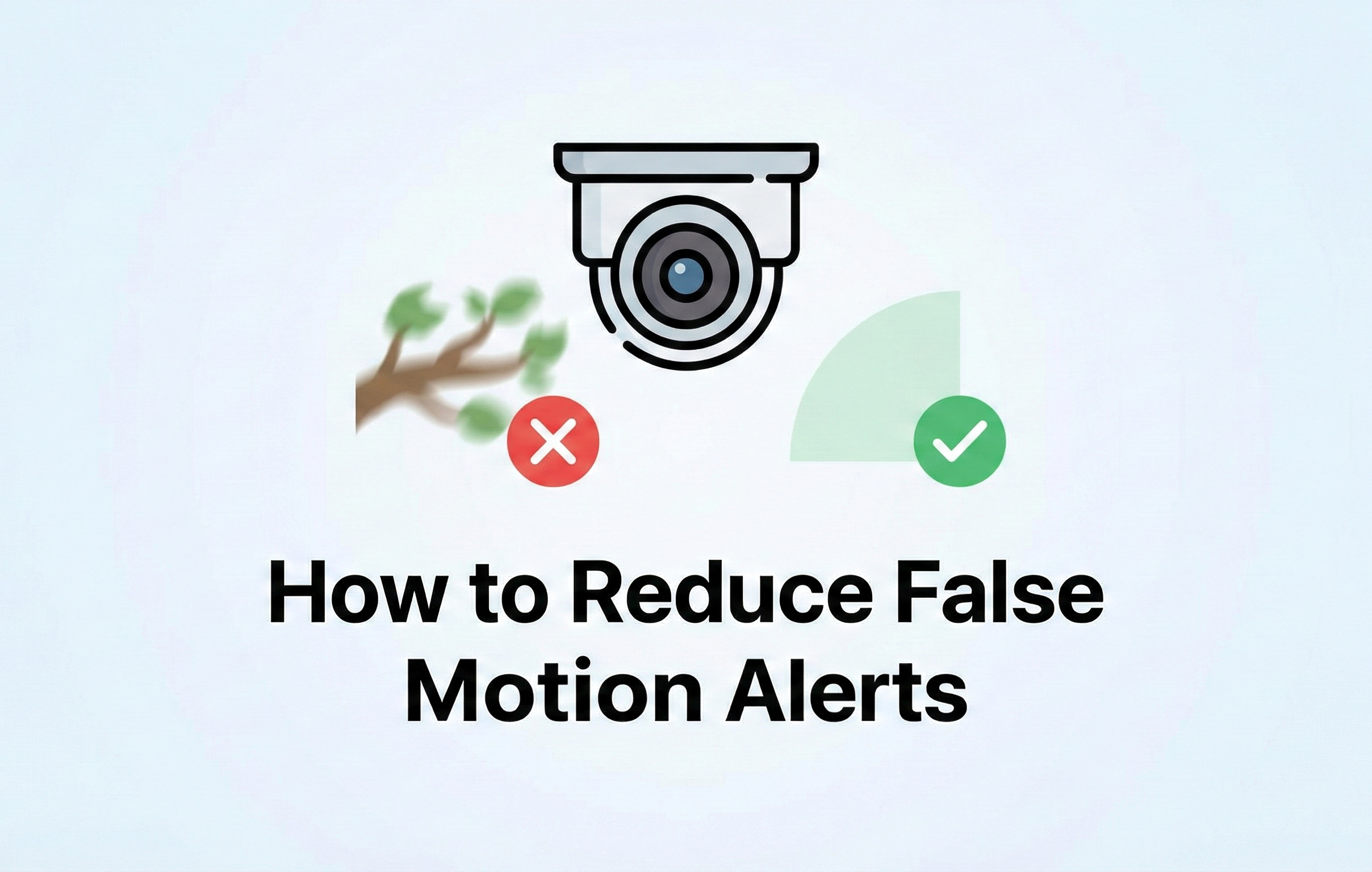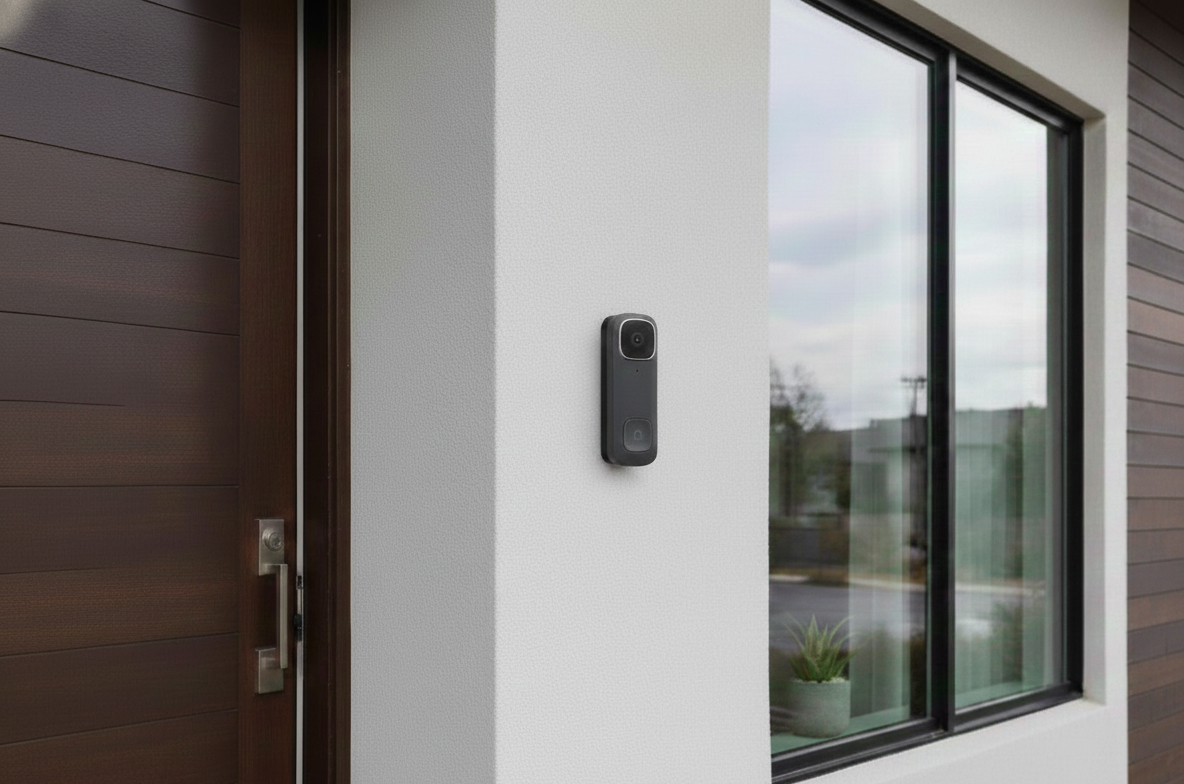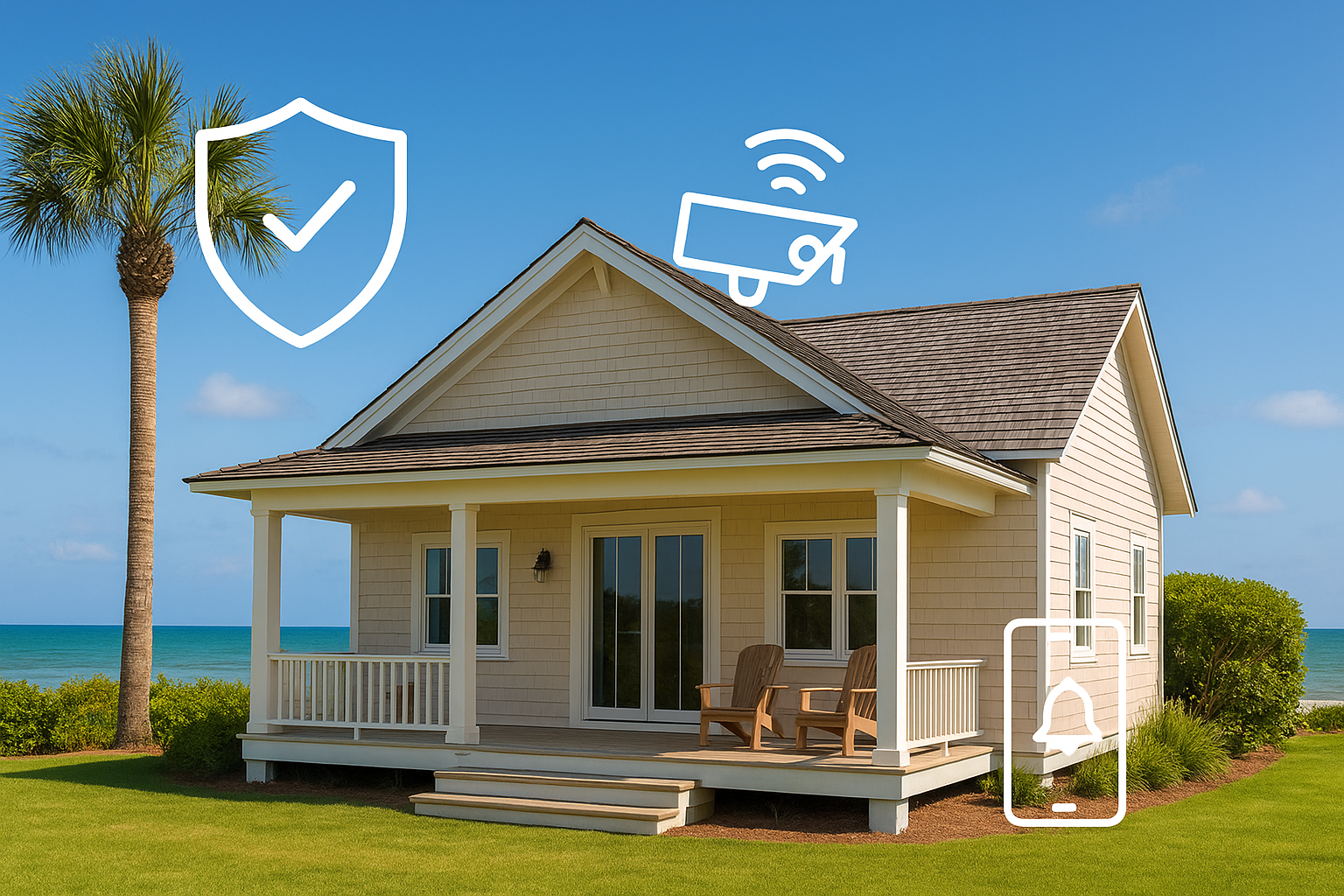If you’re security-minded, you might be wondering if you should choose to use a wireless or wired security camera.
Well, there are pros and cons to both options – it really just depends on your specific needs.
If you want a security camera system that is reliable and less susceptible to interference from other devices, then you should go with wired cameras.
However, wired security cameras can be more difficult to install and might not be the best option if you’re looking for a camera that is easily movable.
Let’s take a closer look at each type of security camera.
Which Security Cameras Are Better Wired or Wireless
When it comes to security cameras, the choice between wired and wireless models can be a difficult one.
A wired camera is more reliable and less susceptible to interference from other devices, but it can be more difficult to install.
Wireless systems are easy to install and can be easily movable, but they might not be as reliable.
So, which security camera is better: wired or wireless?
It really just depends on your specific needs.
Wired Security Cameras: Pros and Cons
Wired security camera systems have a number of advantages over the wireless camera.
Pros
- Wired camera systems are more reliable than wireless security cameras.
- Wired security cameras are less susceptible to interference from other devices than wireless security cameras.
- Wired camera system can be more difficult to install than wireless security cameras.
Cons
- Traditional wired security cameras can be more difficult to install than wireless security cameras.
Wireless Security Cameras: Pros and Cons
Wireless security cameras have a number of advantages over wired systems let's take a closer look;
Pros
- Wire free security cameras are easy to install.
- Wireless security camera systems can be easily moved.
- Wireless home security cameras are less susceptible to interference from other devices than wired security cameras.
Cons
- Wire free cameras might not be as reliable as wired security cameras.
- Wire free security cameras can be more difficult to install than wired security cameras.
- Wireless cameras might not be as reliable as wired security cameras.
-You will need to recharge your rechargeable battery after about 2 months of use.
- You might need to replace your battery every few years.
- The range of your wireless security camera might be limited.
So, which security system is better: wired or wireless? It really just depends on your specific needs.
If you want a security camera system that is reliable and less susceptible to interference from other devices, then you should go with a wired security camera.
However, wired security cameras can be more difficult to install and might not be the best option if you’re looking for a camera that is easily movable.
Wireless cameras are easy to install and can be easily movable, but they might not be as reliable with an internet connection.
Frequently Asked Questions
Do wireless security cameras interfere with WiFi?
Yes, wireless cameras can interfere with WiFi. This is because they use the same frequency as WiFi routers.
However, most security cameras come with a frequency selection feature that allows you to choose a different frequency for your camera.
How do I stop my security camera from interfering with WiFi ?
If your security camera is interfering with WiFi, you can try changing the frequency that your camera is using.
Most security cameras come with a frequency selection feature that allows you to choose a different frequency for your camera.
You can also try moving your security camera closer to your WiFi router.
How long does a wireless security camera last?
Most wireless cameras have a battery life of around 4-6 months, but this can vary depending on the brand, the quality of the camera, and how often it is used.
For example, if you use your camera constantly to keep an eye on things, then the battery will drain more quickly.
However, if you only turn it on occasionally to check in, then the battery will last much longer.
Many wireless home security cameras also come with a solar panel that helps to extend the battery life by keeping the camera charged during the day.
Do wireless cameras still need a power outlet?
The answer is yes and no. Most wireless cameras still need to be plugged into a power outlet in order to function.
However, there are some newer wireless devices that are battery powered security cameras.
These types of cameras can be placed anywhere, without the need for a power source.
So, if you're looking for a truly wireless security camera, be sure to check out the latest battery powered camera models.
Solar-powered security cameras are also available, but they are not as common.
What is the range of wireless security cameras?
Most wireless security cameras have a range of around 100 feet, although this can vary depending on the environment and the quality of the signal.
In addition, many wireless security cameras come with night vision capabilities, allowing them to continue recording even in low-light conditions.
As a result, wireless security cameras provide an ideal solution for a wide range of applications.
Conclusion
The best security camera for you is the one that meets your specific needs. If you’re looking for a camera to monitor a large area, then a wired system might be a better option.
However, if you need more flexibility or want to move your camera around frequently, then a wireless security system would be a better choice.
Keep in mind that wireless hacking security cameras are more vulnerable to security risks, so be sure to choose a reputable brand and keep your firmware up to date.
Ultimately, the decision comes down to what works best for your individual situation. Have you decided which type of security camera is right for you?

